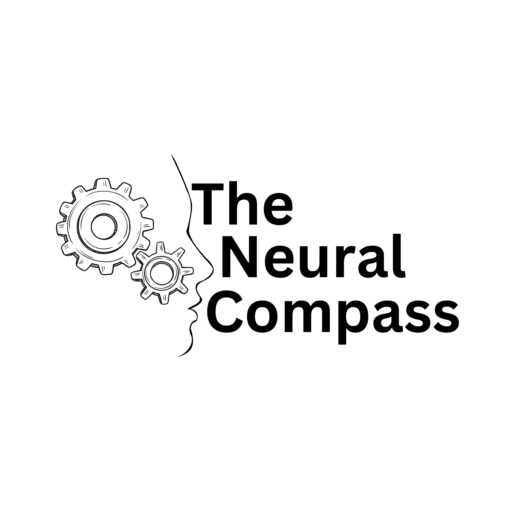How AI Tools Are Transforming Predictions, Efficiency, and Customer Service
Thanks to digitization, artificial intelligence tools have proliferated and created value for businesses. AI essentially helps organizations to automate business processes, gain insights through data analysis, and engage effectively with customers and employees. But let’s start by answering the question: what is AI?
What Is AI?
Artificial intelligence, or AI, refers to the systems and machines that mimic human intelligence to perform tasks and analyze the data they collect. AI is more about the process and super capability of quick and smart data analysis. AI devices can learn and adapt to new situations, making them very versatile and powerful.
How AI Is Making a Real Impact on Revenue
There are many ways that AI can impact revenue for businesses. For example, AI can help enterprises to more accurately predict inventory prices, logistics, demand, and supply. This ability to make better predictions can lead to significant cost savings for businesses, boosting their bottom line.
Furthermore, AI-enabled automation can help businesses improve their efficiency and productivity. For instance, robots can be used to carry out repetitive tasks such as assembly line work or data entry. This frees human employees to focus on more creative and strategic tasks, which can help businesses be more innovative and agile.
Moreover, AI can help businesses better understand and serve their customers. For instance, AI-powered chatbots can provide customer support and help resolve issues more quickly and effectively. Additionally, organizations can use AI to analyze customer data and identify trends to improve customer experience.
Businesses are embracing artificial intelligence in a similar manner to how they’re incorporating design systems: the intended outcome is the same. To help them better innovate, scale, and respond faster to market changes.
AI Tools that Empower Businesses
There are several different AI tools that businesses can use to increase their revenue. Some of the most popular AI tools include:
- Robotics: Robotics refers to using robots to carry out tasks that would otherwise be difficult or impossible for humans.
- Machine learning: Machine learning is a type of AI that allows devices to use data as a learning tool and improve their performance over time without being specifically programmed to do so.
- Predictive analytics: Predictive analytics is a type of AI that predicts future events based on past data.
- Natural language processing: Natural language processing, or NLP, is a type of AI that deals with interpreting and manipulating human language.
From improving predictions to automating tasks, AI provides businesses with many opportunities to improve their bottom line. You’re missing out if your business is not already on board with using AI tools to boost revenue.

